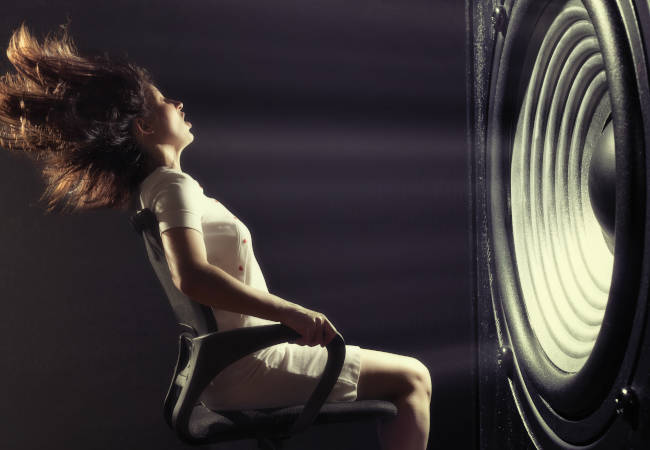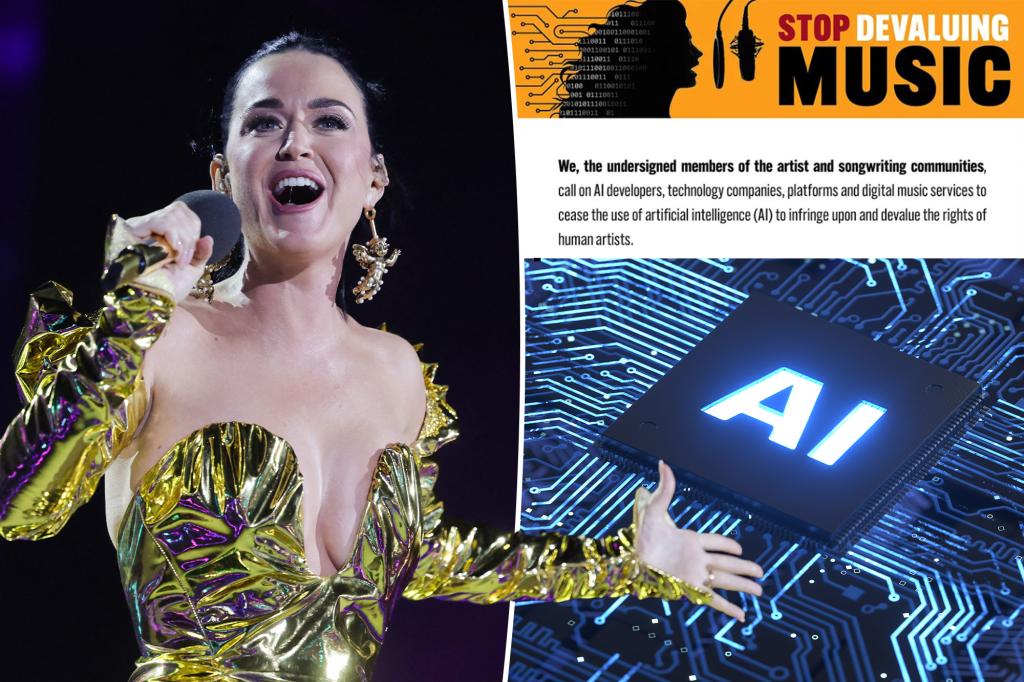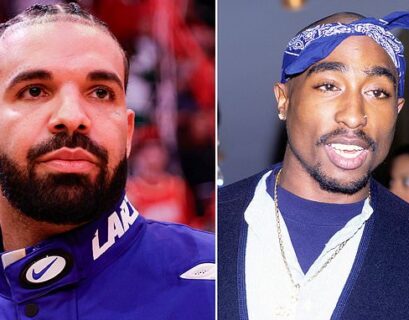The Artist Rights Alliance has initiated a campaign to halt the utilization of artificial intelligence that violates or diminishes the contributions of human creators.
Representing a coalition of active musicians, performers, and songwriters, the advocacy group has garnered support from notable figures such as the estates of Frank Sinatra and Bob Marley, acclaimed singer-songwriter Billie Eilish, rock icon Jon Bon Jovi, pop sensation Katy Perry, and soul legend Stevie Wonder.
In their official statement, the alliance expressed concerns over major corporations utilizing their artistic content without authorization to train AI algorithms. This practice directly threatens to substitute human artistry with vast quantities of AI-generated “sounds” and “images,” consequently diluting the revenue streams allocated to artists.
The group emphasized the potential risks posed by irresponsible AI usage, highlighting the jeopardy it poses to privacy, identity, musical creations, and the financial stability of artists.
The proliferation of AI-generated replicas of established artists has raised alarms within the creative community. Instances like a fabricated Frank Sinatra rendition of Coolio’s Gangsta’s Paradise on YouTube, an artificial Johnny Cash rendition of Barbie Girl, and a simulated Simon and Garfunkel performance of Baby Got Back underscore the issue at hand.
Of particular concern is the fact that these AI models are trained on copyrighted material, leaving artists powerless over the production of content that closely mimics their original work.
Beyond musicians, authors like Paul Tremblay, Christopher Golden, Richard Kadrey, and comedian Sarah Silverman have also faced challenges, with allegations against OpenAI for unauthorized extraction of their literary works.
Moreover, prominent figures from media associations and academia have urged tech giants to compensate news outlets for utilizing their copyrighted content to train AI models, as highlighted in discussions with the US Senate Committee on the Judiciary.
Legal disputes have ensued, with The New York Times pursuing lawsuits against Microsoft and OpenAI for copyright infringement due to the unauthorized use of their articles.
Similarly, developers of text-to-image AI technologies have encountered legal actions from content creators whose materials were utilized in training these models.
In response, AI developers have cited “fair use,” a legal doctrine permitting limited use of copyrighted material for specific purposes, as justification for their practices.
Microsoft has vehemently rebutted The New York Times’ allegations, dismissing them as based on speculative and alarmist projections.










